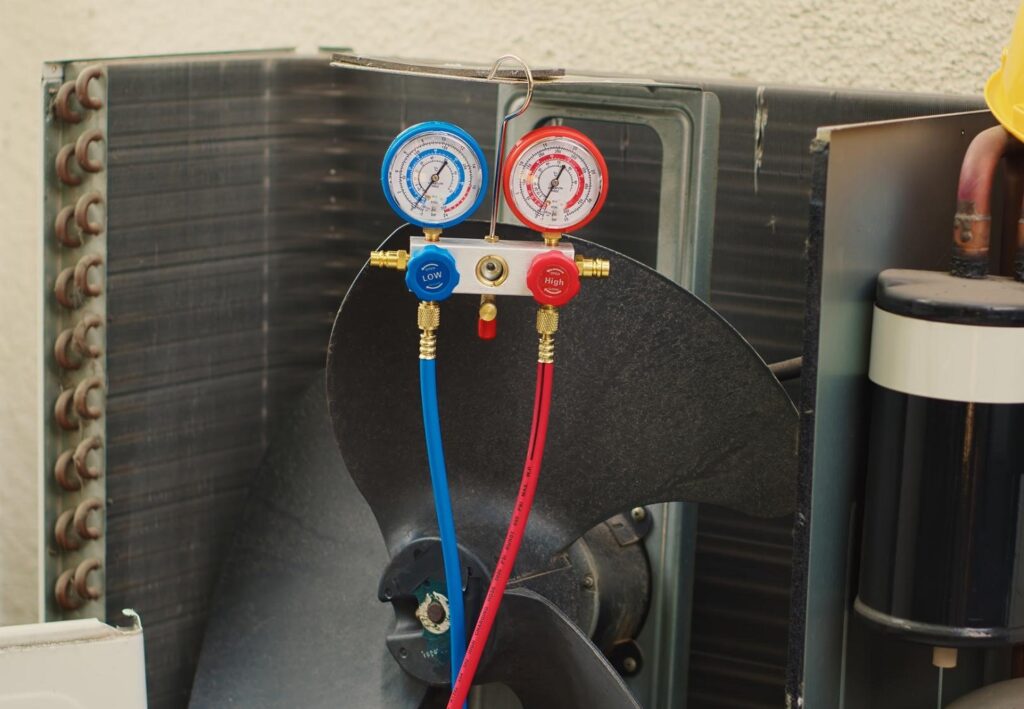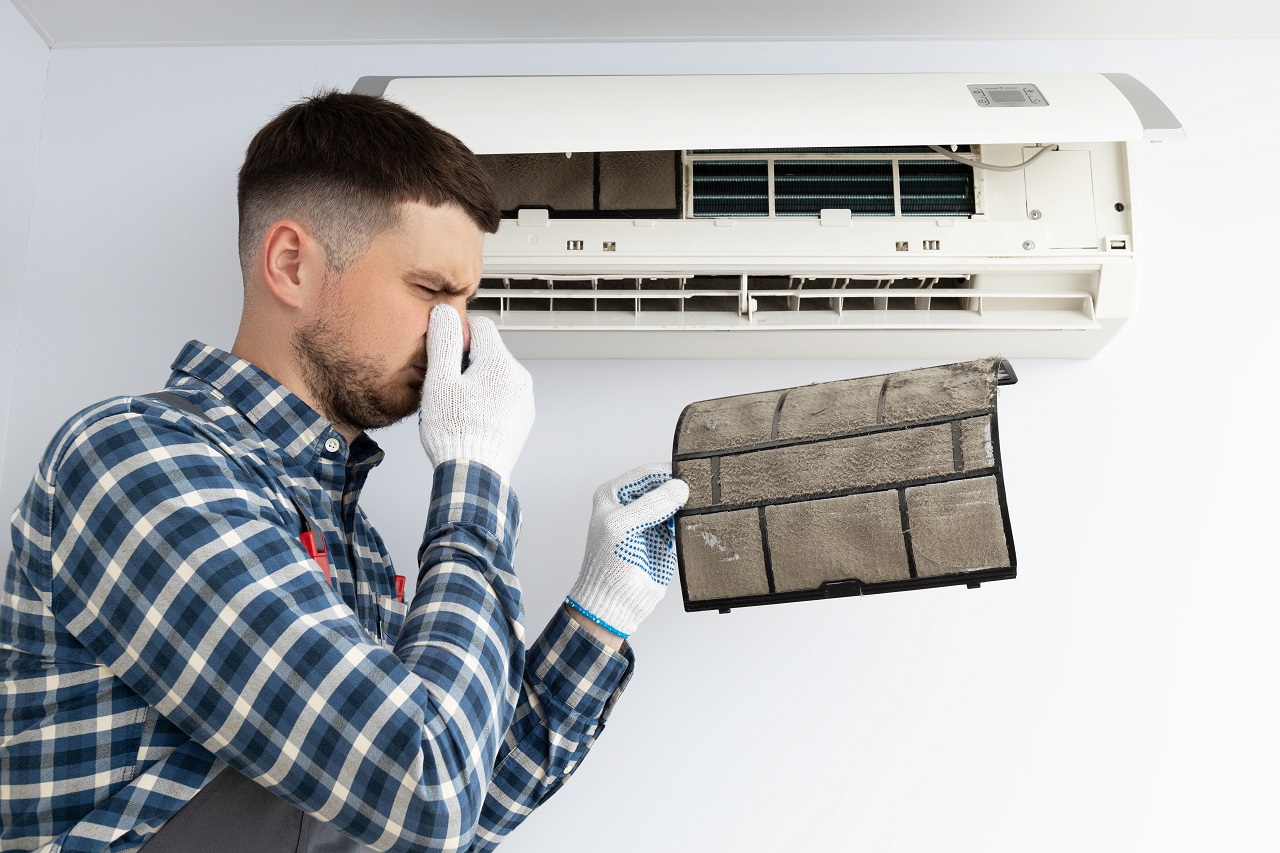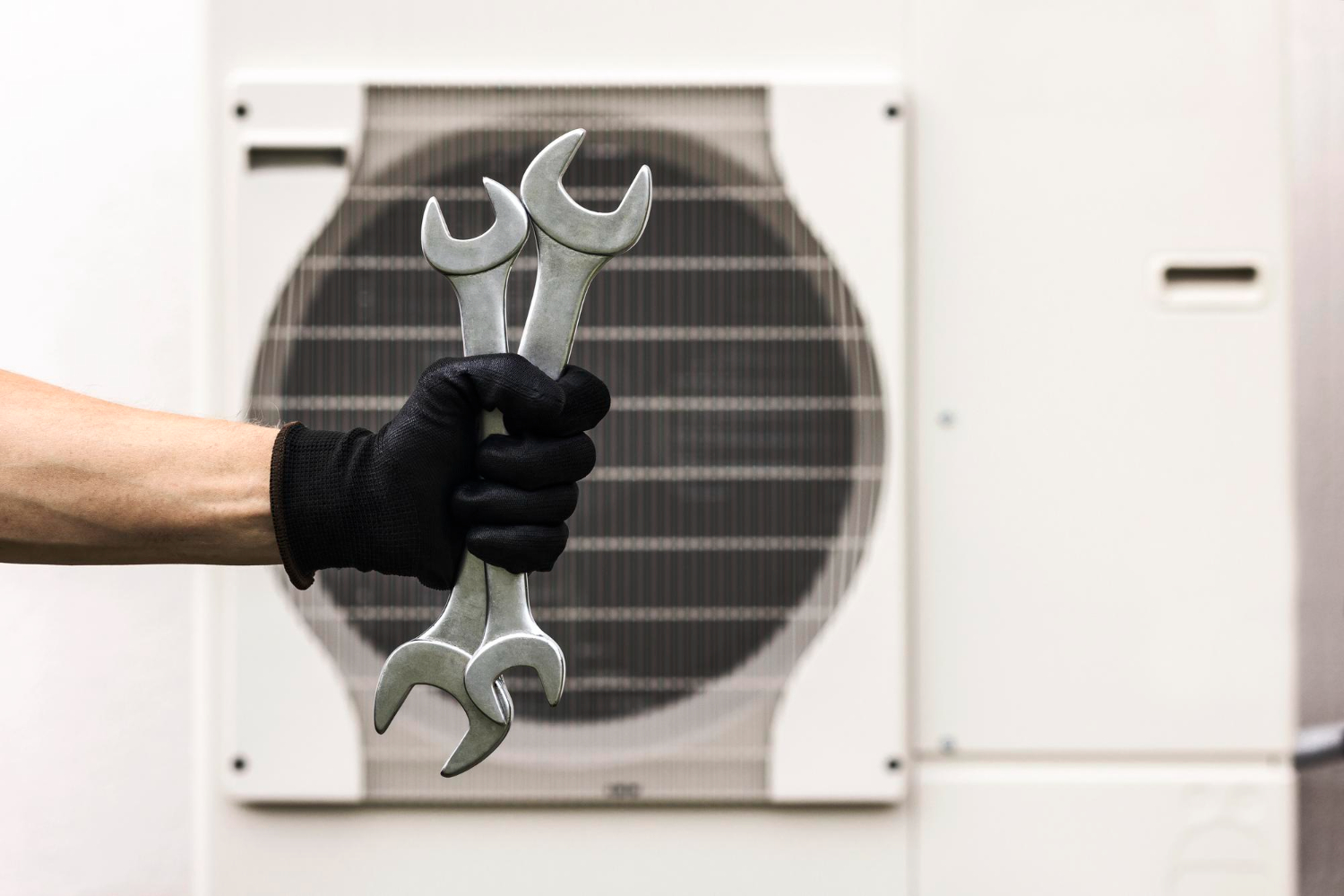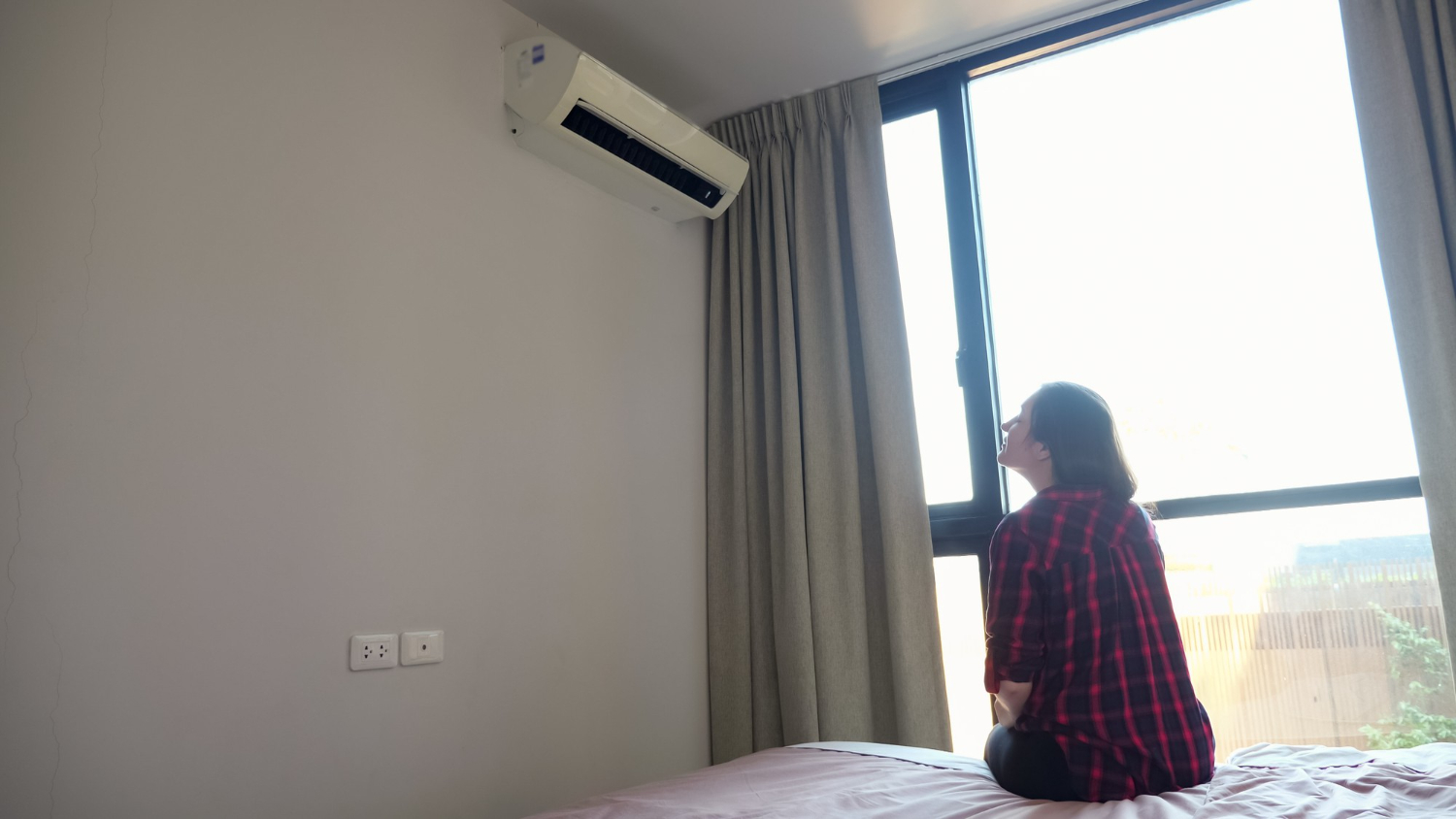Heat pumps are essential for maintaining comfortable indoor temperatures, especially as the seasons change in Olney. However, just like any other appliance, heat pumps can experience issues. Recognizing the warning signs of these problems is important for homeowners. When these signs are ignored, minor issues can escalate into major repairs. Staying alert to these indicators can save time and money, protecting your comfort at home.
Prompt action is key when faced with potential heat pump issues. By understanding the signals that something might be wrong, you can avoid more extensive damage to your system. Addressing these signs early on not only prolongs the life of your heat pump but also ensures a reliable and efficient heating system. Let’s explore the common warning signs that might indicate trouble with your heat pump.
Common Heat Pump Warning Signs
Listening to Unusual Noises:
– Grinding: This noise could indicate that the motor bearings are wearing out.
– Squealing: High-pitched squeals might mean a component is slipping or in need of lubrication.
– Rattling: This could suggest that parts are loose or debris has entered the system.
Understanding Inconsistent Heating:
A heat pump should maintain a stable indoor temperature. If you notice frequent temperature fluctuations, there might be an issue. This could stem from a failing thermostat, clogged filters, or ductwork problems, all of which require further inspection.
Increased Energy Bills:
An unexplained rise in energy costs could be a red flag that your heat pump isn’t operating efficiently. If the system is struggling, it often uses more energy to provide the same level of comfort. Faulty components or dirty coils might be the culprits, leading to poor performance.
Frequent Cycles:
Heat pumps are designed to switch on and off throughout the day. However, if you notice that your system is turning on and off more frequently than usual, this is called short cycling. It can strain your heat pump and lead to increased wear and tear. Potential causes might include a thermostat issue or an oversized system that needs professional assessment.
Being aware of these warning signs can help you catch problems early and seek professional assistance before they develop into more significant issues. Regular attention to your heat pump’s operation is key to maintaining a comfortable and energy-efficient home environment.
Safety Concerns Related to Heat Pump Issues
When a heat pump malfunctions, safety concerns can arise that need immediate attention. One of the most serious risks is carbon monoxide leakage. Although heat pumps themselves do not use combustion, any associated systems might still pose a risk. It is important to have adequate carbon monoxide detectors installed and functioning in your home to prevent exposure to this dangerous gas.
Electrical issues also pose a significant risk. A heat pump operates on electricity, and faults can lead to power surges or even fire hazards. Common electrical problems include burnt wires, tripped breakers, or faulty connections. If you notice flickering lights or a burning smell near your heat pump, it is crucial to contact a professional rather than attempting to solve the problem on your own.
Here are a few safety precautions homeowners can take if they suspect an emergency warning sign:
– Turn off the heat pump and any associated systems immediately if you detect a strong odor or smoke.
– Ensure that all carbon monoxide detectors are operational and functional.
– Keep the area around the heat pump clear of flammable materials.
– Note down any unusual occurrences to inform the technician.
Steps to Take When You Spot Warning Signs
Once you notice a warning sign, knowing what to do next can help mitigate further damage. Here’s a practical guide on immediate steps to take:
1. Turn Off the System: If the unit is making loud noises or emitting unusual odors, it’s wise to turn it off. This prevents further damage and ensures safety until help arrives.
2. Document Issues: Keep a record of the symptoms, such as the type of noise or the time when the issue occurs. This information can assist our technicians in identifying the problem quickly.
3. Call for Professional Help: Resist the urge to fix the issue yourself. Trained technicians have the expertise to diagnose problems accurately and safely. Remember to relay any observations from your documentation.
Benefits of Professional Inspection and Maintenance
Professional inspection and maintenance offer advantages that go beyond just fixing immediate issues. Engaging our technicians for regular check-ups ensures that your heat pump remains in optimal condition. During a typical inspection, professionals will thoroughly examine your system’s components, clean critical parts, check for leaks, and confirm that everything is running efficiently.
There are long-term benefits to professional maintenance, like improved energy efficiency and extended lifespan of your heat pump. A well-maintained unit operates more smoothly, saving on energy bills and reducing the likelihood of costly repairs in the future. Scheduling regular service checks is a proactive step towards preventing unexpected breakdowns.
Keep Your Heat Pump Running Safely and Efficiently
In summary, staying vigilant about potential warning signs ensures your heat pump functions effectively while keeping your household safe. Recognize these signals, address them promptly, and don’t hesitate to seek expert help when needed. Regular care and professional maintenance can keep your heat pump running smoothly throughout the year, preserving comfort and peace of mind in your home. For comprehensive heat pump service, contact the experts at ADI Heating & Air in Olney to ensure top-notch care.
Recognizing and acting on early warning signs can help you keep your heat pump running safely and effectively in Olney. At ADI Heating & Air, our technicians understand that routine inspection is key to preventing small issues from becoming larger problems. For reliable heat pump service in Olney, please contact us today for a quick estimate or to schedule a service visit.












